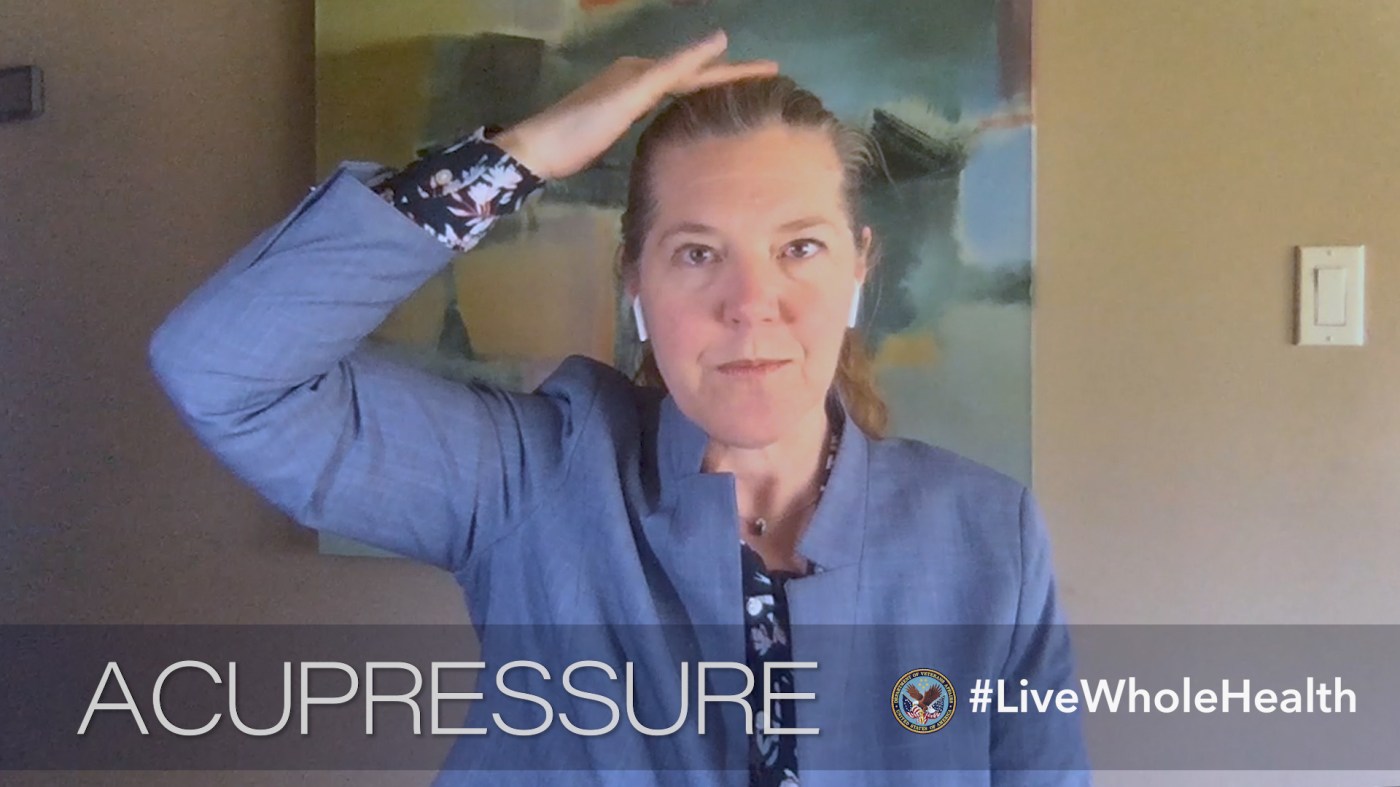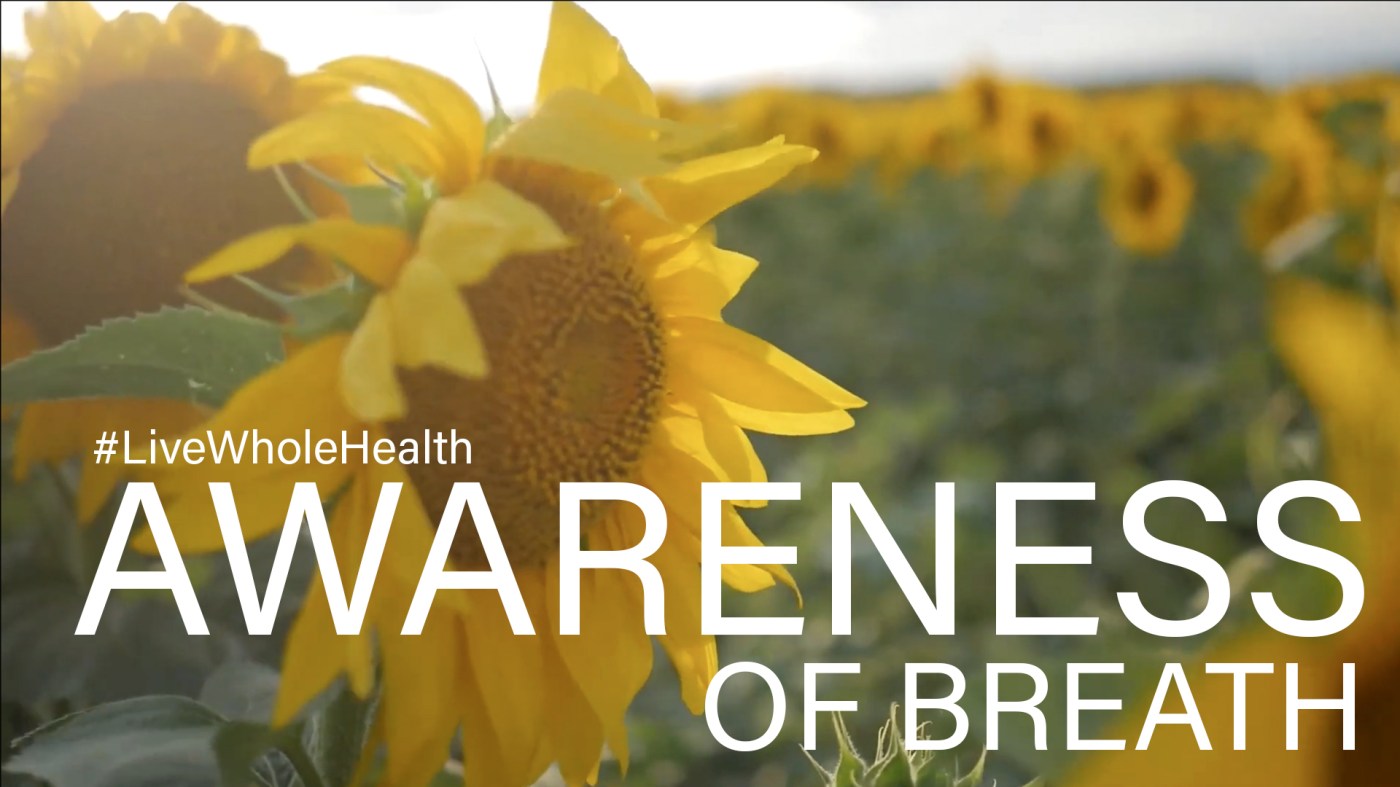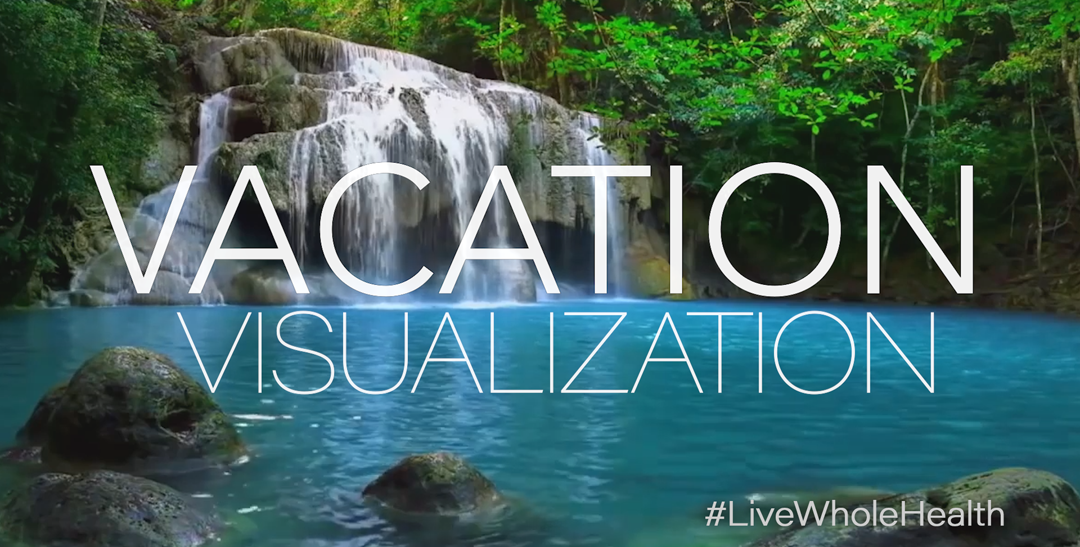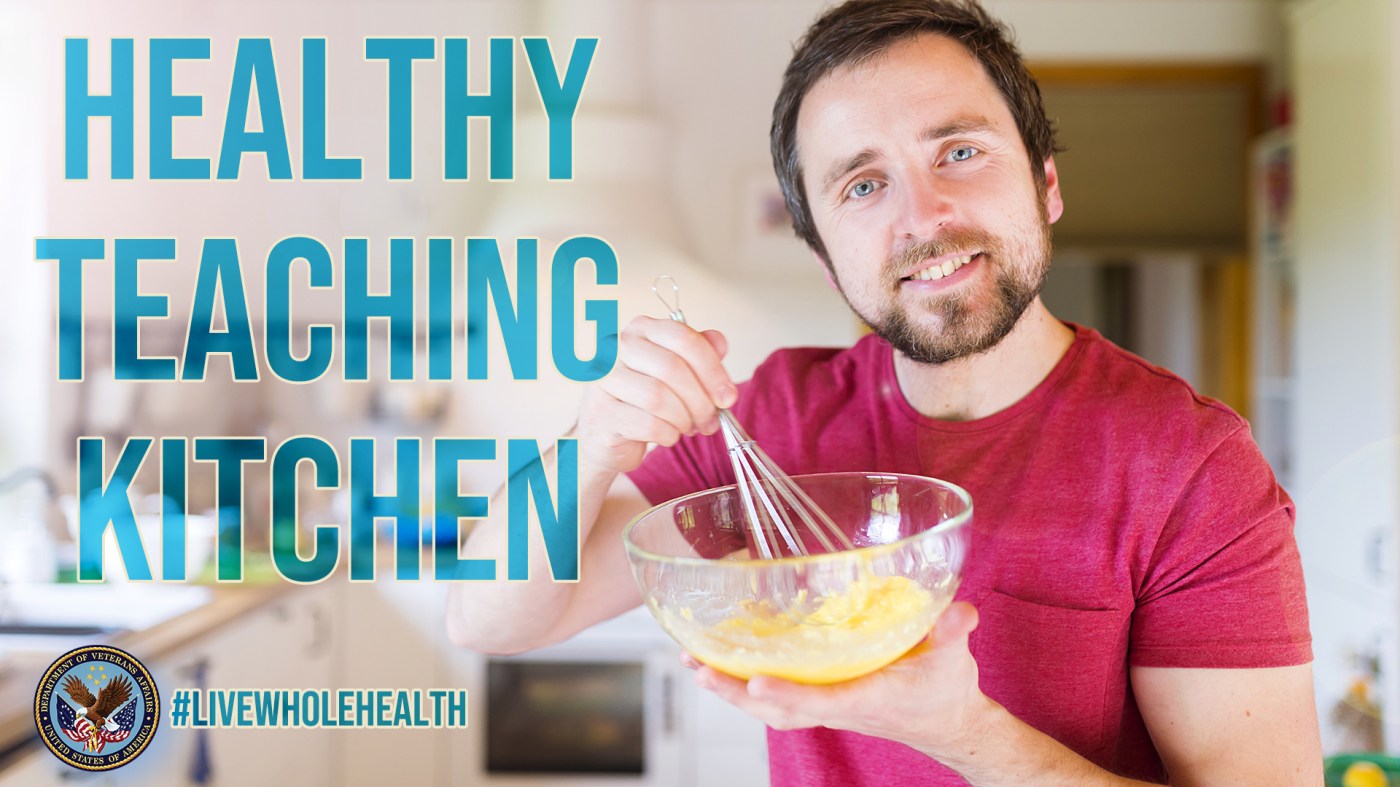When I hear phrases like “being under pressure” in a negative context, I tend to think of it in the reverse, about how some pressure can be good for us and to help motivate or get us going.
If you’ve ever had a headache or found yourself in a stressful situation, you may have rubbed your temples or the space between your eyes, applying pressure. When your muscles are sore, you may apply pressure to help them feel better. Those are examples of naturally placing our hands on specific areas of our body for relief.
Acupressure is used in health care settings
The practice of acupressure can help relieve tension and pain and support our well-being. Acupressure is the applying of pressure to specific points on the body, and it has been used for thousands of years to support health and well-being. It’s also a specific type of massage therapy technique based on the meridian system, which is used in traditional Chinese medicine and other ancient healing systems.
Acupressure is used in health care settings by a variety of trained professionals: acupuncturists, massage therapists and nurses, for example. And, it’s easy to learn specific acupressure points as a self-care method that we can use anytime. When several points are grouped together to increase the effectiveness of the treatment, it is called an “acupressure prescription.” These acupressure prescriptions can help with specific health issues, like headaches and lower back pain; they can also be used to support increases in energy, finding calm during stressful situations, or finding relaxation.
We can access the relief these points provide anytime it is needed—simply press or massage the points for about 30 seconds and use an amount of pressure that feels comfortable without being painful.
Interested in experiencing how a bit of pressure may help support your well-being? Join Dr. Juli Olson, chiropractor and acupuncturist, in this quick 4-minute video demonstration.

Acupressure can be one way to treat pain and help improve your health from the comfort of home. For other ways to live healthier, check out the Circle of Health. And for more information on complementary and integrative health (CIH) services in VA, visit the Complementary and Integrative Health page on the Whole Health website. To find out what your local VA Facility offers related to Whole Health and CIH, connect with your local Whole Health Facility Contact.
Topics in this story
More Stories
Is your mind racing? Try a 7-minute mindfulness of breathing practice to anchor your mind and find calm in this week's #LiveWholeHealth video.
Feeling overwhelmed? Take a mini-mental vacation anytime, anywhere! Close your eyes and escape to your happy place with this week's #LiveWholeHealth video.
Discover the magic of stir fry! Turn leftovers into a flavorful feast and reduce food waste with this versatile recipe for this week's #LiveWholeHealth video.






